EU, G7 agree on price cap on Russia oil imports
The European Union and the Group of Seven industrialized nations have agreed on a $60-per-barrel price cap on Russian oil imports in an alleged attempt to starve Russia's ongoing military campaign in Ukraine.
The bloc and the Group of Seven that includes the UK, Germany, Italy, Canada, the Unites States, France, and Japan, announced the agreement on Friday, saying they would start imposing the price ceiling on Monday.
The EU is also slated to start enforcing an oil embargo on Russian crude deliveries that would ban seaborne shipments, which reportedly account for two thirds of the imports.
The G7 said it was delivering on its vow "to prevent Russia from profiting from its war of aggression against Ukraine, to support stability in global energy markets, and to minimize negative economic spillovers of Russia's war of aggression."
Russia started the "special military operation" in its eastern neighbor in late February in order to defend the pro-Russian population in the eastern Ukrainian regions of Luhansk and Donetsk against persecution by Kiev.
Back in 2014, the two republics broke away from Ukraine, refusing to recognize a Western-backed Ukrainian government there that had overthrown a democratically-elected Russia-friendly administration.
Ever since the beginning of the war, Kiev's Western allies, led by the United States, have been pumping Ukraine full of advanced weapons and slapping Russia with a slew of sanctions, steps that Moscow says would only prolong the hostilities.
Also on Friday, the White House described the G7-EU deal as "welcome news," saying a price cap would help limit Russian President Vladimir Putin's ability to fund the Kremlin's "war machine."
Putin has denounced the design as a United States-led scheme.
Speaking during a telephone conversation with Iraqi Prime Minister Mohammed Shia al-Sudani last month, the Russian head of state "stressed that such actions are contrary to the principles of market relations and are highly likely to lead to grave consequences for global energy markets."
Bangladesh poll result reflects public rejection of governance failures, not party loyalties: Analys
VIDEO | Iran holds 40th day memorial service for victims of US-orchestrated coup
Back to SAVAK days: Pahlavi monarchist violence surges against diaspora opponents
Russia threatens to deploy navy to protect vessels from ‘Western piracy’
Iranian Navy chief: Extra-regional fleets in West Asia 'unjustified'
'Die alone or with your family': Lebanese man killed after Israeli call
Iran, Russia to hold joint naval drill in Sea of Oman, Indian Ocean
Macron: French citizens fighting for Israel cannot be 'genociders'


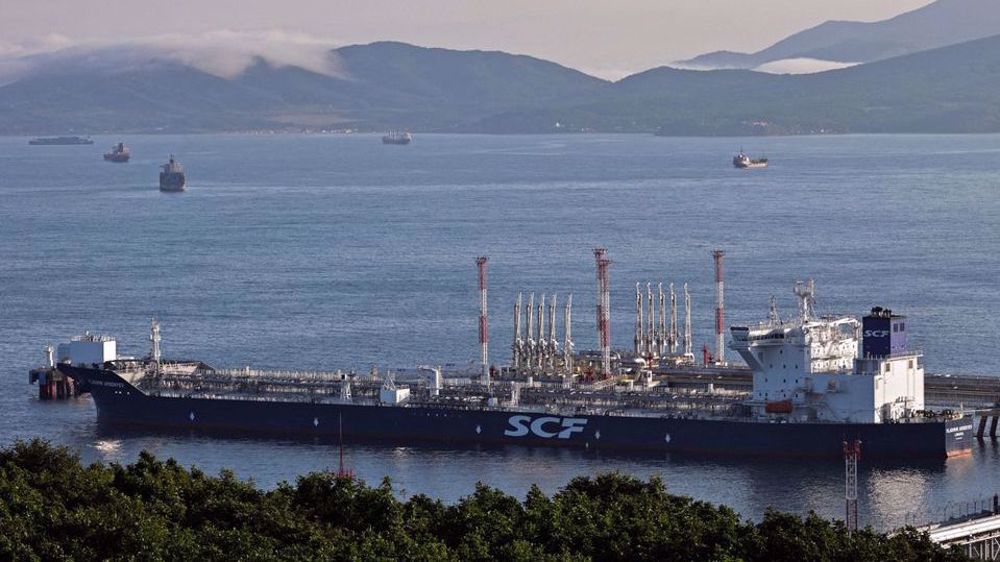
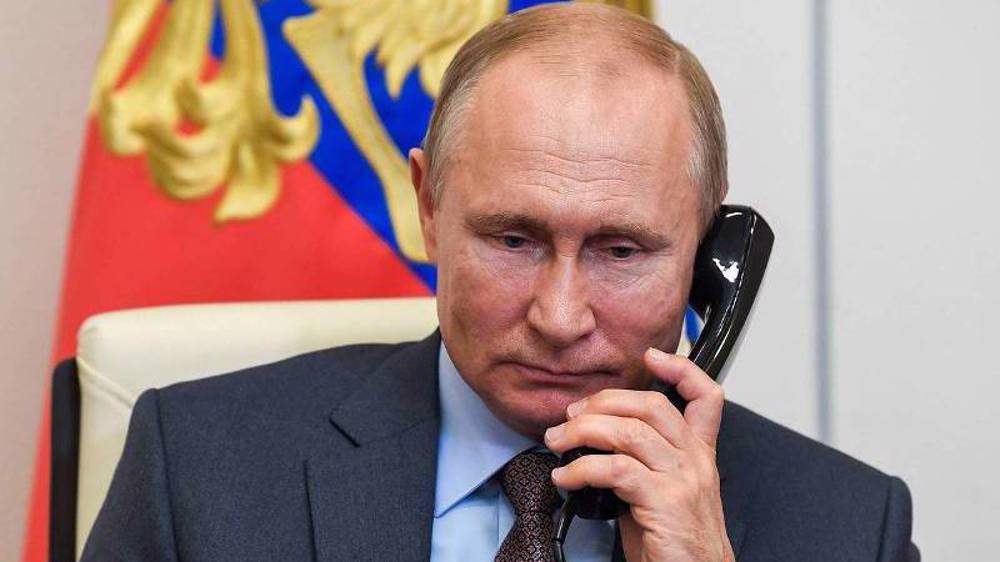
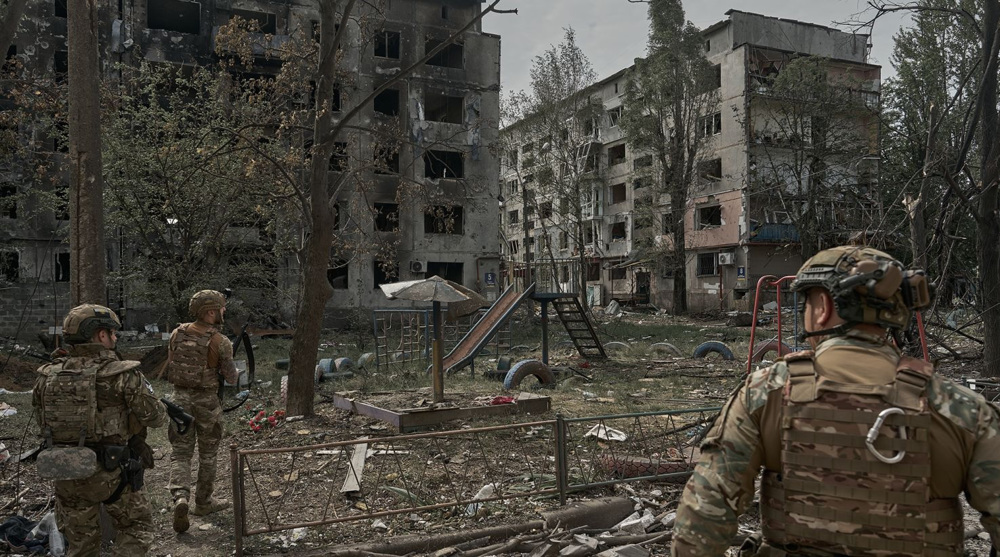
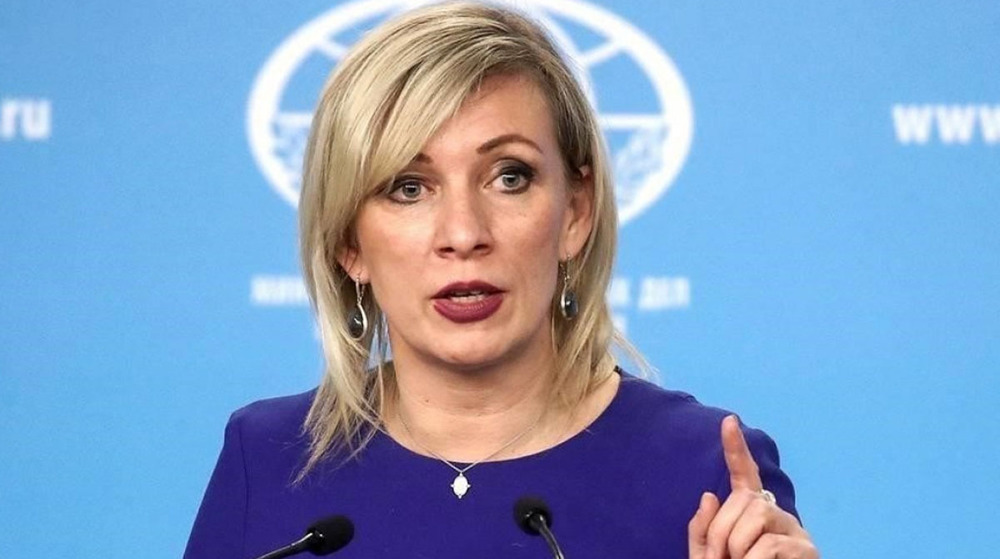
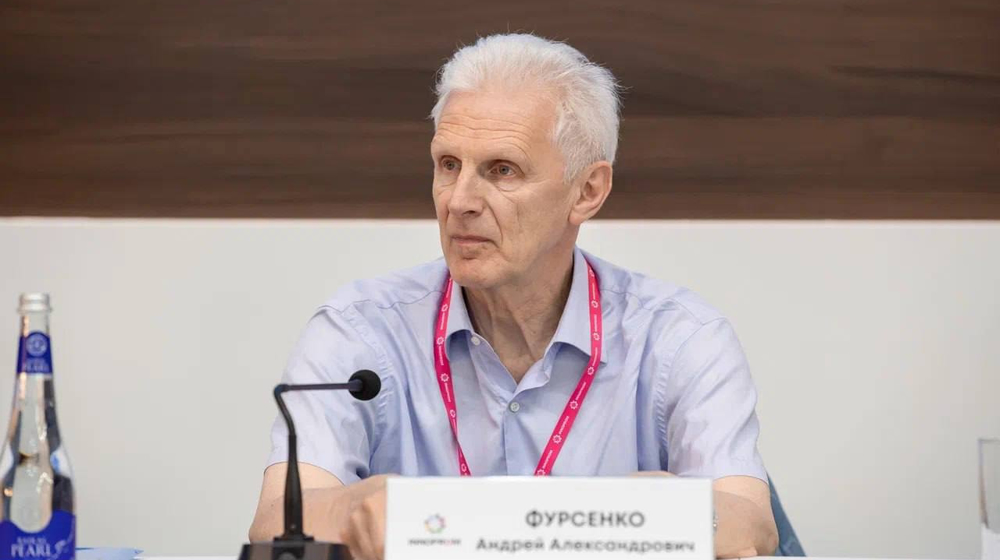



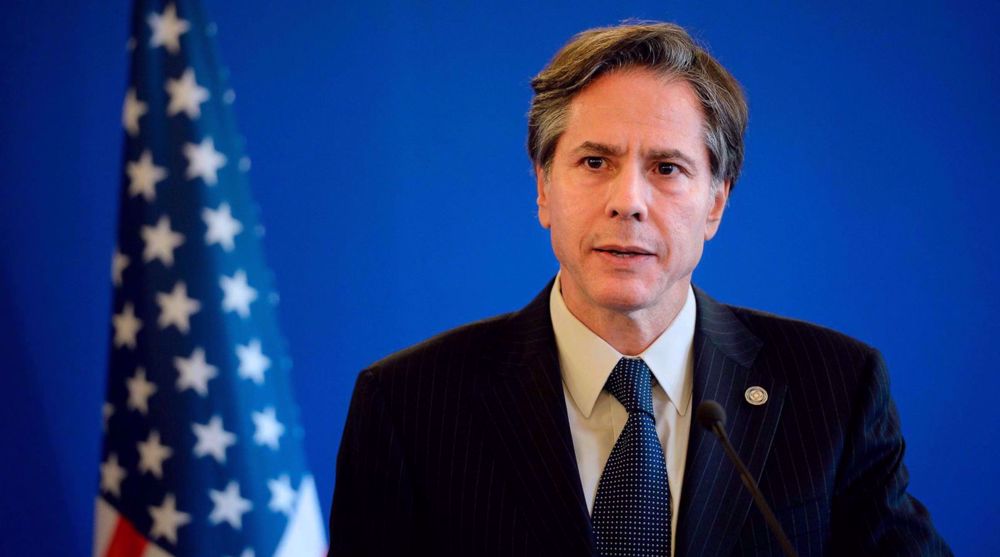
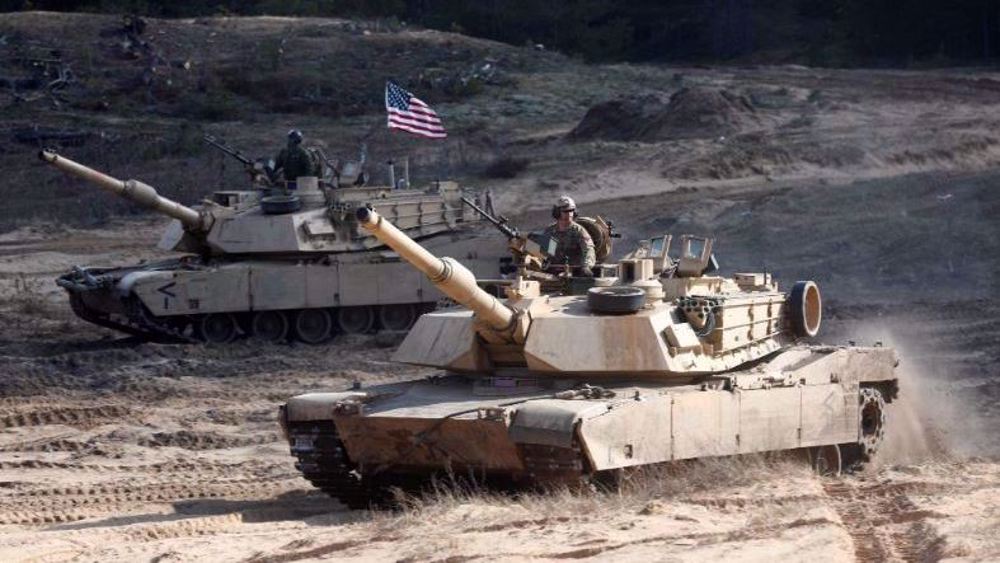
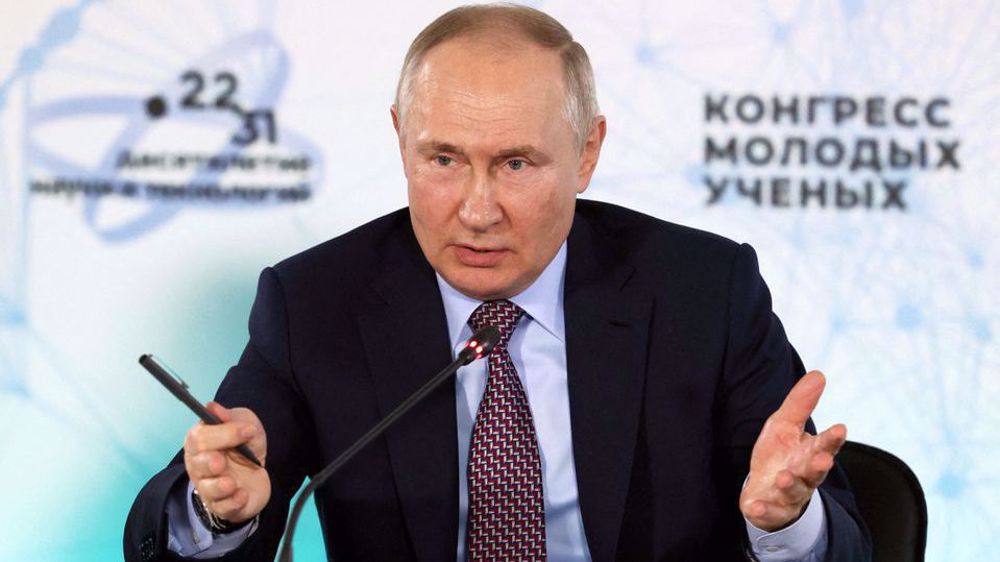

 This makes it easy to access the Press TV website
This makes it easy to access the Press TV website